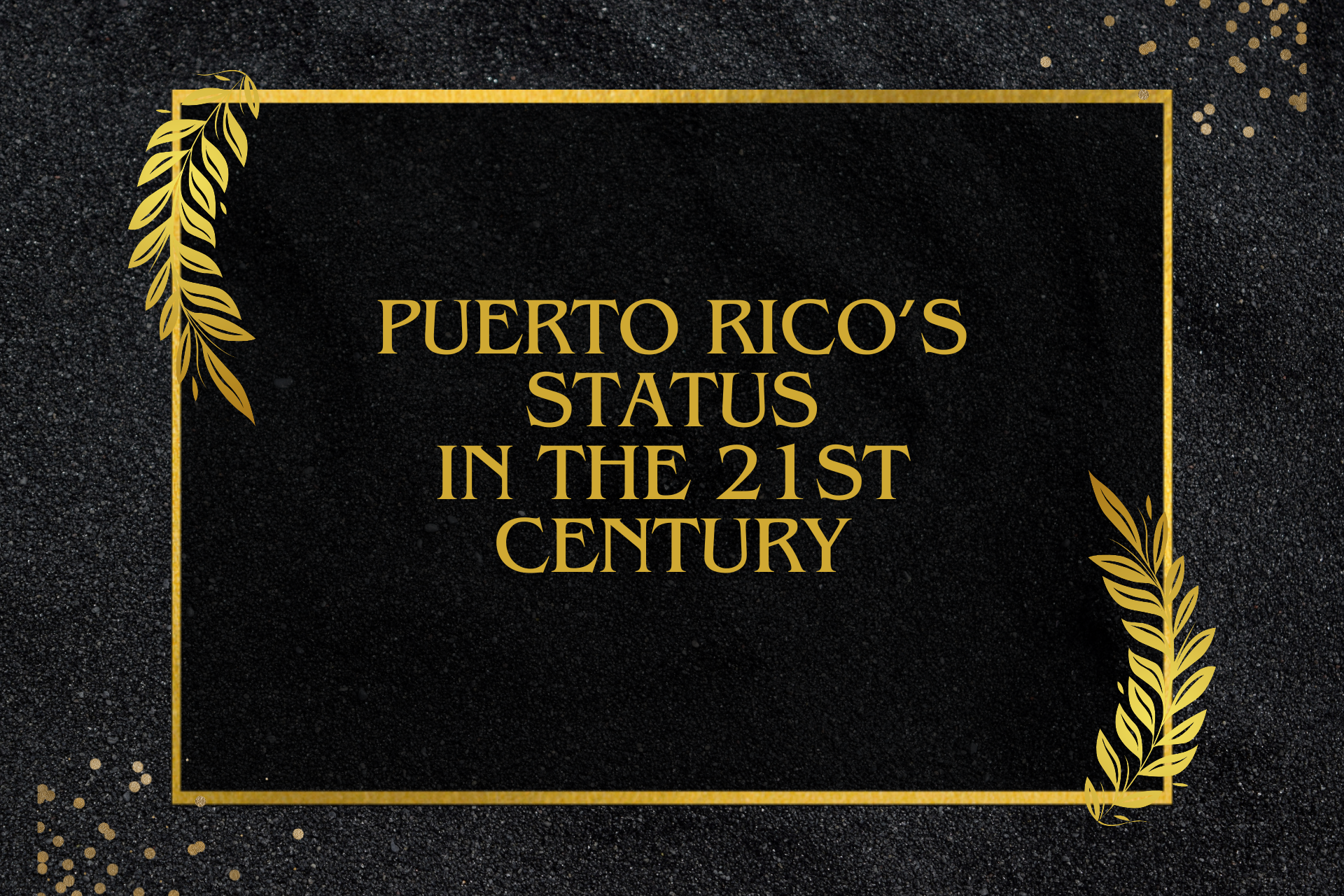The Puerto Rico Status Act, a proposal to give a stronger voice to the people of Puerto Rico, was passed by the U.S. House of Representatives in December of 2022. The bill calls for a local referendum in Puerto Rico in which people could vote to either separate from the U.S. and become recognized as a new country, or permanently join the U.S. as a state.
At the time, President Biden endorsed the bill as “a fair and binding democratic process to address the political status of Puerto Rico,” but the measure died in the Senate before Congress adjourned for the year.
On April 20, a bipartisan group of congressional representatives reintroduced the bill. Democrat Raul Grijalva (D-AZ) remains its lead sponsor. At the press conference launching the renewed proposal, Rep. Grijalva was joined by Republican colleagues Resident Commissioner Jenniffer Gonzalez Colon (R-PR), Rep. Maria Salazar (R-FL) and Rep. Don Bacon (R-NE), as well as a number of congressional Democrats – Nydia Velazquez (D-NY), former Majority Leader Rep. Steny Hoyer (D-MD) and Rep. Darren Soto (D-FL).
Governor Pedro Pierluisi (D) also attended and spoke in favor of the bill.
Is it the same as the 2021 bill?
At the press conference, it was confirmed that the new plebiscite vote date of November 2025 is the only significant change from the 2022 bill.
It is possible that there would be changes if the bill were to go through the amendment process. Rep. Bruce Westerman, the current chair of the House Natural Resources Committee, which has responsibility for the U.S. territories, including Puerto Rico, spoke strongly last year about the need for input from other committees. For example, the House Foreign Affairs Committee would have a say over the new U.S.-Puerto Rico relationship if Puerto Rico were to become a newly recognized country.
Amendments to the bill were proposed last year and voted down. Some Members of the House explained that they had voted against the bill because of specific details, such as the citizenship proposals under independence and free association options.
There have also been demands from U.S.-based groups to specify in the bill the future of the Spanish language and the Puerto Rico-only Olympics team in a new state of Puerto Rico, and urging from the Puerto Rico Statehood Action Network to respect Puerto Rico’s past statehood votes rather than restarting the process.
At this point, the bill sponsors are not calling for a committee vote on the bill, but they are calling for hearings.
Next steps
If the House of Representatives passes the Puerto Rico Status Act again, and if the proposal progresses to the White House for President Biden’s signature, Puerto Ricans will have an opportunity to vote for a permanent political status for the U.S. territory in a federally-sanctioned local plebiscite vote.
After more than a century as a possession of the United States, Puerto Rico would then be on its way to having the strength and sovereignty of either a state or a nation.
Many observers do not believe this scenario is likely to happen, especially in the partisan environment in Washington, D.C. today, which makes it difficult to pass any legislation at all.
Yet after decades of discussion on Puerto Rico’s status, debate remains over many pieces of the status puzzle, including basic policy positions of the U.S. government such as whether the U.S. is prepared to continue U.S. citizenship for the bulk of Puerto Rico’s 3.2 million residents if Puerto Rico were to be recognized as a country.
Congressional committee discussion on the newly reintroduced Puerto Rico Status Act may shed some light on this and other questions.


